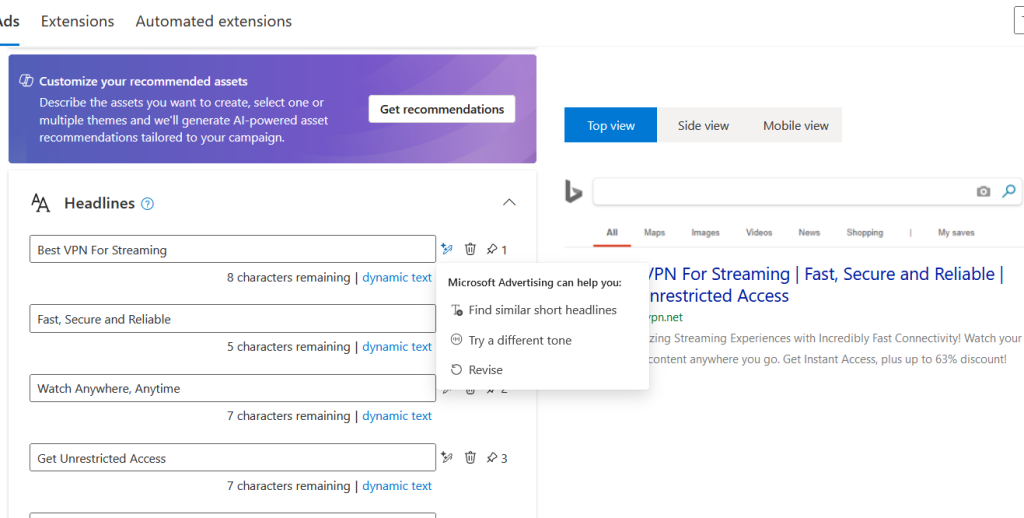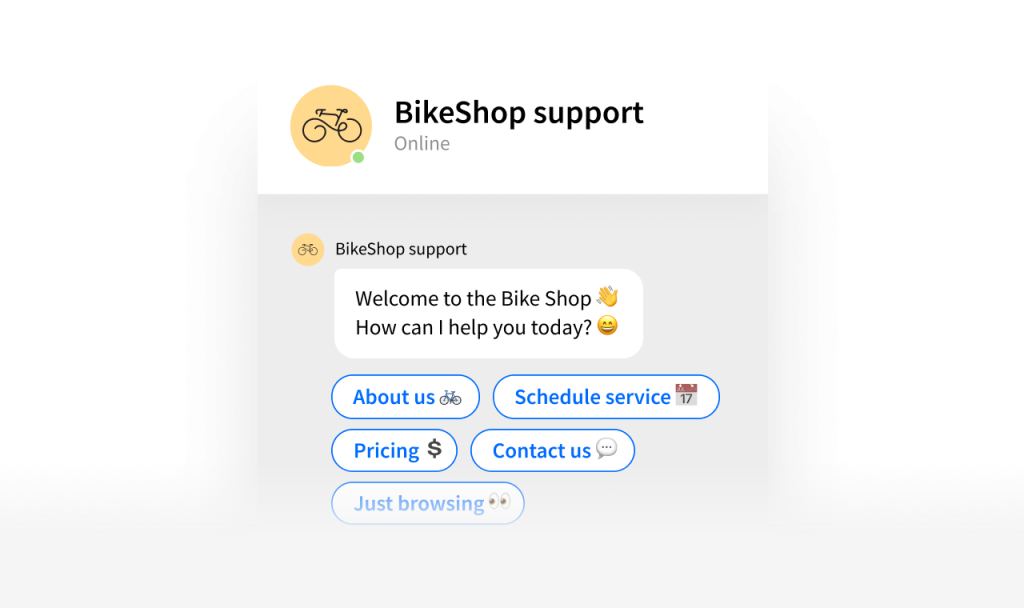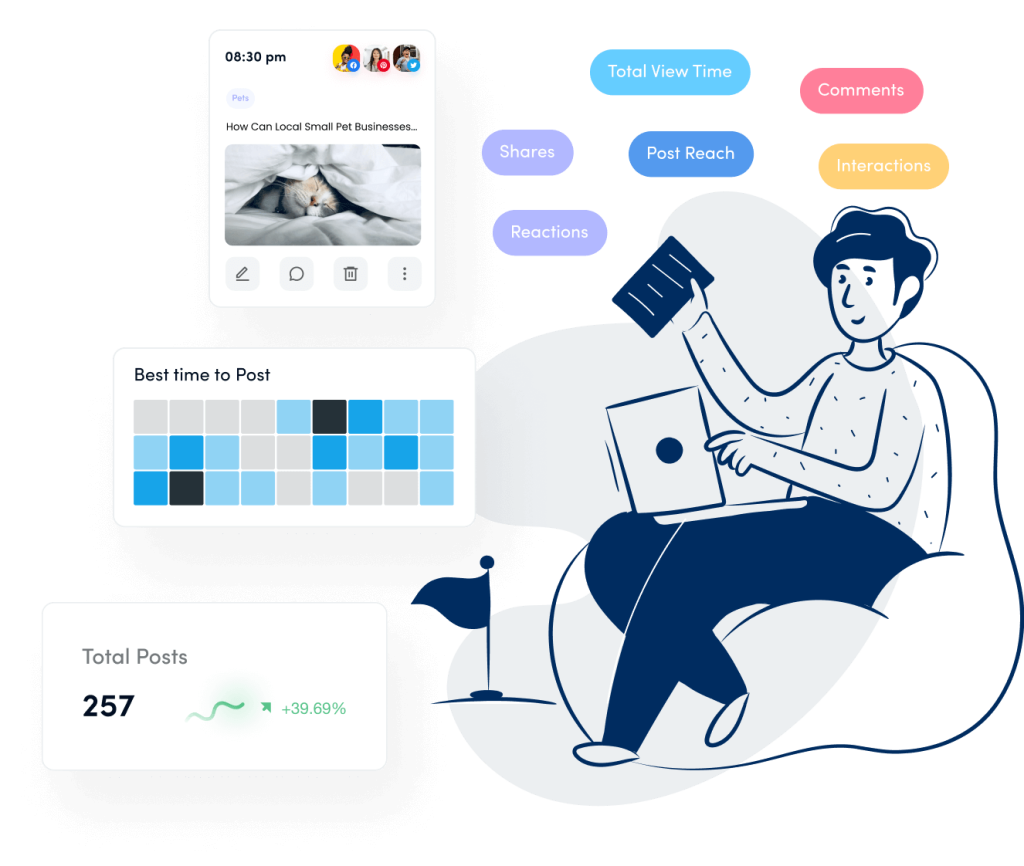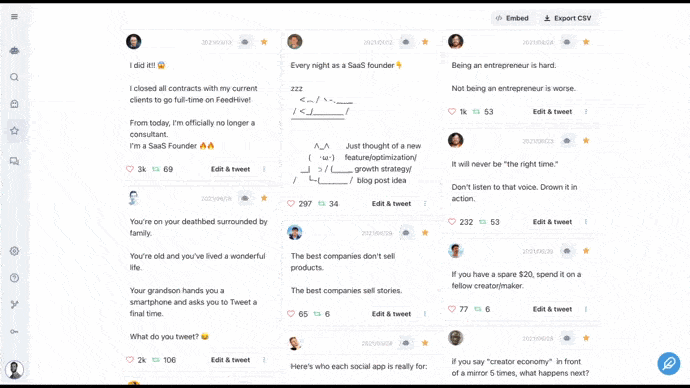How Marketers Can Leverage the Power of AI To Save Time and Money
Last Updated on February 27, 2024
It’s a data-driven world, and with AI becoming an integral part of our lives, marketers are constantly seeking innovative ways to leverage the power of it to turn data into action , save time, money and drive exceptional results. AI is revolutionizing the marketing landscape by enabling businesses to analyze vast amounts of customer data, identify valuable insights, and deliver highly personalized experiences. With AI, marketers can uncover hidden patterns, predict customer behavior, and target their audience with laser-like precision.
By leveraging AI-powered data analysis tools, marketers can gain a deep understanding of their customers’ preferences, needs, and desires. This enables them to create highly targeted and relevant campaigns that resonate with their audience, resulting in increased brand loyalty, engagement, and revenue.
Furthermore, AI can automate time-consuming tasks, allowing marketers to be more productive and focus on strategy and creativity. From chatbots providing instant customer support to personalized product recommendations, writing and video software creating amazing pieces of content in minutes. If you’re not using AI in your marketing activities , you will be left behind.
How to leverage AI in Marketing- 5 Examples
Here are 5 examples of how marketers can leverage the power of AI to save time and money:
Automated Content Creation and Personalization
AI-powered tools can help generate various marketing content formats, including blog posts, videos social media captions, and ad copy. These tools analyze existing content and user data to create personalized versions that resonate better with specific audience segments. This saves time spent on manual content creation and allows for more targeted messaging, potentially leading to higher engagement and conversion rates. Advertising platforms like Google and Bing Ads already incorporated AI into their platforms giving you ready to use AI ad headline and descriptions based on your keywords and landing pages.

Intelligent Ad Bidding and Optimization
AI algorithms can analyze vast amounts of data related to ad campaigns, including demographics, interests, and past performance. This allows them to automatically adjust bids in real-time, optimizing ad spending based on the likelihood of conversion. This eliminates manual campaign analysis and guesswork, leading to a more efficient allocation of advertising budget and potentially reaching a wider, more relevant audience at a lower cost.
Creating similar advertising audiences on Google ads for example. If you run a pet shop Google can collect data on your website visitors and create a campaign just for them plus create similar audiences that are likely to be interested in your product or service. They are able to do that because they collect and analyze huge amounts of data each and every day.

Chatbots and Virtual Assistants for Customer Service
AI-powered chatbots can handle routine customer inquiries, answer frequently asked questions, and provide basic support, freeing up human representatives for more complex issues. This not only reduces the workload on customer service teams but also allows for 24/7 customer support, leading to improved customer satisfaction and potentially reducing operating costs.

Social Media Management and Reporting
AI-powered platforms can automate repetitive tasks in social media management, such as scheduling posts, responding to comments, and generating reports. Additionally, AI can analyze social media data to provide detailed reports on campaign performance, allowing for effective optimization and resource allocation. Tweethunter for example uses AI to compose tweets for you based on your market that are most likely to go viral and get the most engagement possible.


Data-Driven Marketing Insights and Decision Making
AI can analyze large datasets from various sources, including customer behavior, market trends, and social media engagement. This provides marketers with valuable insights into customer preferences, campaign performance, and emerging trends. In e-commerce they use recommendation engines which are AI algorithms that analyze customer data and make personalized product or content recommendations. Recommendation engines can analyze customer browsing behavior, purchase history, and preferences to deliver relevant and personalized recommendations. Look at eAmazon for example, seems like they always know which products you’re most likely to buy and the best time to present you these products. This is not a coincidence , it is based on large amounts of analyzed data and trained algorithms. And you can bet it increases customers average order value, and repeat purchases.

Not sure where to start? try this step by step process
Here’s a sample process outlining how you can leverage the power of AI in marketing:
1. Define your goals and target audience:
- Start by clearly outlining your marketing goals. What do you want to achieve? Is it increased brand awareness, lead generation, or improved customer engagement?
- Identify your target audience. Who are you trying to reach with your marketing efforts? Understanding their demographics, interests, and online behavior is crucial for successful AI implementation.
2. Explore AI tools and applications:
- Research and identify AI tools and platforms relevant to your marketing goals and target audience. Consider tools like:
- Audience intelligence: These tools gather and analyze data on your target audience, providing insights for better segmentation and targeting.
- Content creation: AI-powered tools can assist in generating various content formats, from blog posts and social media captions to product descriptions and email marketing copy.
- Personalization: AI can personalize your marketing campaigns across channels, tailoring content, offers, and recommendations based on individual customer preferences.
- Chatbots and virtual assistants: These AI-powered tools can provide 24/7 customer support, answer frequently asked questions, and even qualify leads.
3. Start small and experiment:
- Don’t try to implement all AI applications simultaneously. Choose one or two areas to begin and experiment with different tools.
- Start with a specific marketing campaign or project. This allows you to test the effectiveness of AI and measure its impact.
4. Integrate AI with your existing marketing strategy:
- AI should not replace your existing marketing strategy, but rather enhance it. Look for ways to integrate AI tools and insights into your current processes.
- Focus on using AI to automate tasks that are repetitive or time-consuming, freeing up your team to focus on creative and strategic work.
5. Monitor and analyze results:
- Continuously monitor the performance of your AI-powered marketing efforts. Track key metrics like engagement rates, conversion rates, and ROI.
- Analyze the data to identify what works and what doesn’t. Use these insights to refine your approach and optimize your campaigns for better results.
6. Stay informed and adapt:
- The field of AI is constantly evolving. Stay informed about new developments and emerging AI tools relevant to marketing.
- Be prepared to adapt your strategy as new technologies and insights become available.
Remember:
- Human expertise remains crucial in AI-powered marketing. Use AI as a tool to augment your marketing efforts, not replace your human judgment and creativity.
Are you leveraging the power of AI in your marketing?
As data becomes increasingly important, marketers are turning to AI to transform their strategies. AI analyzes vast amounts of customer data to personalize experiences, predict behavior, and target audiences precisely. This leads to higher engagement, loyalty, and revenue. Additionally, AI automates tasks like content creation and customer service, freeing marketers to focus on creative and strategic aspects. Businesses that don’t embrace AI risk falling behind in this rapidly evolving landscape. How are you using AI to improve your marketing efforts? Tell us in the comments!



